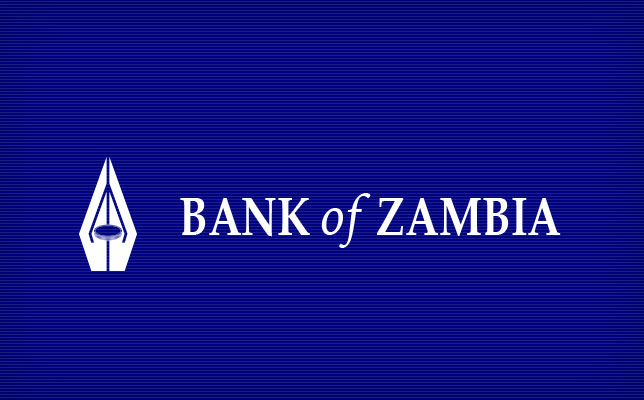Bank of Zambia Advocates Fintech Innovation and Financial Inclusion at Africa Fintech Summit
The Bank of Zambia’s Payment Systems Department made a notable appearance at this year’s Africa Fintech Summit, where they underscored the importance of Fintech innovation in driving financial inclusion and economic growth.
The event gathered esteemed stakeholders, including senior government officials, to discuss the evolving landscape of financial technology and its impact on the country’s financial sector.
The Deputy Governor of the Bank of Zambia began his address by expressing gratitude for the opportunity to participate in the summit and acknowledged the significance of the event in fostering dialogue on the utilization of technology in providing financial services.
In his speech, he emphasized how Fintech has revolutionized daily life, bringing increased efficiency to the financial sector, introducing targeted products and services, and broadening financial inclusion. The integration of modern technologies has contributed to productivity gains and overall economic growth.
The Deputy Governor went on to explain that while the financial industry has witnessed substantial growth due to Fintech innovations, it has also experienced disruptions that have positively affected the sector.
Fintech companies, often viewed as competitors by traditional financial institutions, have evolved into strategic partners. This shift in perception has led to the development of collaborations between traditional banks and Fintech companies, fostering a dynamic and innovative ecosystem.
The COVID-19 pandemic further accelerated the adoption of digital financial services as a response to the challenges posed by the crisis. The speed, efficiency, convenience, and cost-effectiveness of digital financial services have made them the preferred choice for both consumers and service providers.
The Deputy Governor emphasized the need for regulators to balance efficiency with stability and security. While financial innovation brings immense benefits, it also introduces risks related to cyberattacks, money laundering, and terrorism financing. Regulatory frameworks are crucial to ensure data integrity and the security of financial systems.
The Deputy Governor discussed the Bank of Zambia’s strategic objectives, with a strong focus on digital financial services. Several initiatives were highlighted, including the adoption of the ISO 20022 messaging standard in the Real Time Gross Settlement System (RTGS) and the introduction of a Regulatory Sandbox to support innovation.
He also discussed the National Financial Switch (NFS), which has enabled instant payment transactions and merchant payment products, driving interoperability and convenience for customers. The Bank’s efforts to promote digital financial services through campaigns like ‘Go Cashless’ were highlighted.
The Deputy Governor outlined future initiatives to enhance financial innovation in Zambia. These include the development of Centralized Know Your Customer (KYC) systems to facilitate digital onboarding, ensuring a 24/7 digital economy, and promoting merchant acceptance of digital financial services.
While considerable progress has been made, the Deputy Governor acknowledged the challenges that need to be addressed. These challenges include cybersecurity and fraud, low levels of financial and digital literacy, and inadequate ICT infrastructure in rural areas.
In conclusion, the Deputy Governor emphasized the Bank of Zambia’s commitment to supporting an innovative financial sector and driving financial inclusion.
He said that the central bank seeks to create an environment that fosters innovation, safeguards consumers, and enables secure and seamless financial transactions, ultimately contributing to a more inclusive and sustainable financial future for Zambia.
The Bank of Zambia’s active participation in the Africa Fintech Summit highlights the central role of Fintech in shaping the future of financial services in the country.



